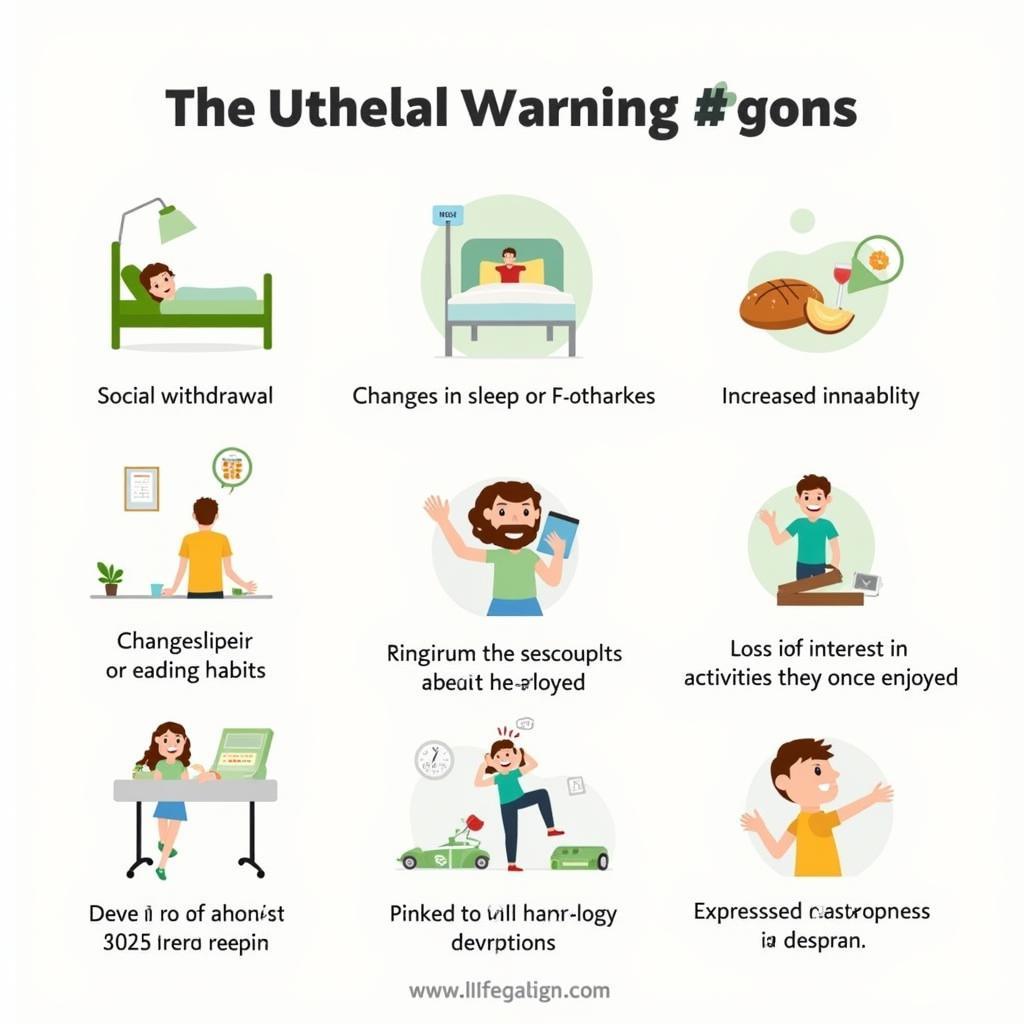The Tragic Reality of Football Players Who Died by Suicide
October 19, 2024The world of football evokes images of packed stadiums, roaring fans, and incredible athletic feats. But behind the glamour and excitement lies a darker side, a reality that recently sent shockwaves through the sport – the suicide of a young, promising football player. While the details surrounding this tragedy remain private, it serves as a stark reminder of the immense pressure, mental health challenges, and often silent struggles faced by athletes, even those seemingly at the top of their game.
The Pressure Cooker of Professional Football
 The Immense Pressure on Football Players
The Immense Pressure on Football Players
Football, at its core, is a game of passion, dedication, and relentless pursuit of excellence. Yet, this pursuit often comes at a cost. Players face immense pressure to perform consistently, meet the expectations of fans and clubs, and navigate the relentless scrutiny of the media. The fear of making mistakes, the pressure to secure lucrative contracts, and the constant competition can take a toll on their mental well-being. This pressure is often amplified for young players thrust into the spotlight before they’ve had a chance to develop coping mechanisms for such intense scrutiny.
Mental Health: The Unspoken Struggle
 The Hidden Struggles of Mental Health in Football
The Hidden Struggles of Mental Health in Football
For many years, mental health has been a taboo subject, especially in the macho world of professional sports. Athletes are often expected to be invincible, to push through pain and adversity without showing weakness. This culture of silence can make it incredibly difficult for players to open up about their struggles with anxiety, depression, or other mental health issues. They may fear that seeking help will be perceived as a sign of weakness, potentially jeopardizing their place on the team or their reputation.
Recognizing the Warning Signs
 Recognizing the Signs of Mental Health Issues in Athletes
Recognizing the Signs of Mental Health Issues in Athletes
It is crucial to remember that athletes are not immune to mental health challenges. Recognizing the warning signs early on can be life-saving. Changes in behavior, withdrawal from teammates and loved ones, increased irritability, sleep disturbances, and expressions of hopelessness are all red flags that should never be ignored.
Creating a Supportive Environment
Building a culture of support and open communication within football is paramount. Clubs, coaches, and teammates all have a role to play in fostering an environment where players feel comfortable speaking up about their struggles without fear of judgment or repercussions.
Seeking Help is a Sign of Strength
It is crucial to emphasize that seeking help for mental health issues is not a sign of weakness but rather a testament to one’s strength and commitment to well-being. There are numerous resources available to players, including mental health professionals experienced in working with athletes, confidential helplines, and support groups.
Conclusion
The recent tragedy of a young footballer’s suicide is a heartbreaking reminder that mental health issues can affect anyone, regardless of their age, profession, or outward appearance. It is time to break the stigma surrounding mental health in football and create a culture where players feel supported, understood, and empowered to seek help when they need it. Every player deserves the chance to thrive both on and off the field, and that starts with prioritizing their mental well-being.